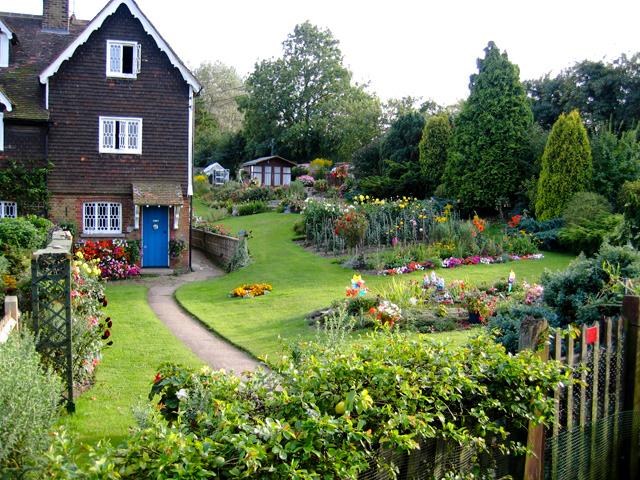Where do we find peace and contentment? That’s a question philosophers and poets have wrestled with since the beginning. The 17th-century metaphysical poet Andrew Marvell’s poem, “The Garden,” makes a contribution to the centuries-long discussion.
In the poem, Marvell (1621–1678) compares ambition and achievement with the verdant beauty and gentle peace of nature, suggesting that true contentment is found in the latter, and not the former. Marvell celebrates contemplative solitude, the appreciation of nature, and spiritual values, while criticizing the values that society so often promotes, including ambition, success, and sensual passion.






